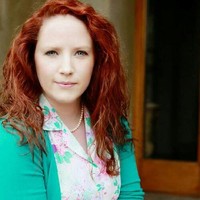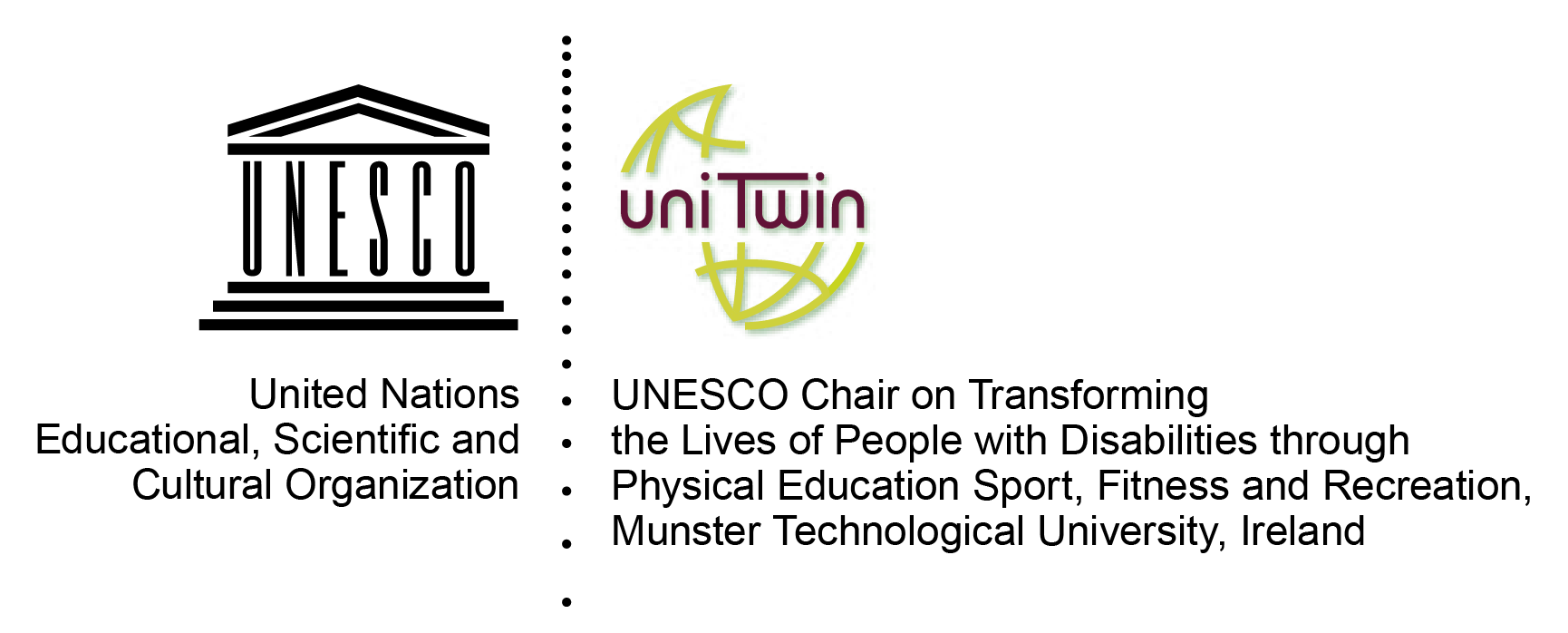One of the greatest lessons I have learnt on this journey so far is that the word inclusion and more specifically disability scares and confuses people. It is said that a confused mind will always say no, so it is no wonder that doors and minds still remain closed to the inclusion of people with disabilities within physical education, physical activity and sport (PEPAS).
It is important to point out that this exclusion is often not intentional but change must happen as we are failing to meet the needs of people with disabilities, not just in practice but in also in research and policy related to PEPAS. The UNESCO’s International Charter for Physical Education, Physical Activity and Sport was the first rights-based document to state that “the practice of physical education, physical activity and sport is a fundamental right for all” and this must be made a reality.
When we look at the inclusion of people with disabilities in PEPAS, my belief is that one of the trickiest areas is that around language used and the perception and fear of misinterpretation of language used. People are afraid of the ever changing terminology and even now through my practical programming and research work, I am finding more and more young people and adults with disabilities and/or special needs disengaging and not wanting to associate themselves with the ‘labels’ of disability and/or special needs. Additionally, a lot of people do not choose to actually see themselves as having a disability, let alone report it on a document related to your programme/research etc.
In most countries the term ‘people with disabilities’ is considered best practice as it is person first and founded on the biopsychosocial model (which combines physical, personal and social factors) of health and disability. This is the terminology used by the United Nations and the World Health Organisation. Education in Scotland has moved to the use of terminology around ‘Additional Support Needs (ASN)’. A child or young person is said to have ‘additional support needs’ if they need more or different support to what is provided generally in schools to children of the same age. It does not just apply to children who have long-term learning difficulties or disabilities.
What is seen now as progressive and appropriate language may be outdated again in 10 years times and we must be ever ready for terminology change. In the arena where reporting on the statistics around disability and special needs is so important in order to produce ‘good solid publishable research’ or impact, or indeed to ensure that your research and/or programmes can remain funded or get funding, this has become increasingly challenging.
Recently, I was involved in a cross cultural Erasmus+ funded European study called Sport Empowers Disabled Youth (SEDY) which involved international comparability data in terms of disability and inclusion in PEPAS. It was extremely difficult due to a lack of high quality data on disability in some countries and a lack of consistency in terms of terminology used. It was only by chance that we came across the Washington Group Questions on Disability. They were the perfect tool for helping us to overcome this obstacle.
The Washington Group questions explore actual experiences of people without using the term disability or any impairment related language. Questions relate to daily functioning and the individual’s ease and/or difficulty in performing daily activities, which take into account individual differences. It is not a perfect solution for our work in PEPAS just yet but it is a start to helping us to capture and document information about people with disabilities and their own experiences in a way that is meaningful, contextual and comparable across geographical locations.
So many of us are professionals working in the inclusion/disability field of PEPAS through research, policy and practice and we need to spread the word on this fantastic resource.

By Dr. Niamh-Elizabeth Mourton
Post-Doctoral Researcher
UNESCO Chair IT Tralee – Transforming the lives of people with disabilities, their families, and communities through physical education, sport recreation and fitness
Niamh is passionate about helping people to inclusivize their practise in PEPAS. She loves to empower people to take their own personal responsibility for the role we all play in making the world a more inclusive place for all.
